
Culture
08:00, 05-May-2018
Start of Summer: Heading towards the prime of the year
By Ai Yan
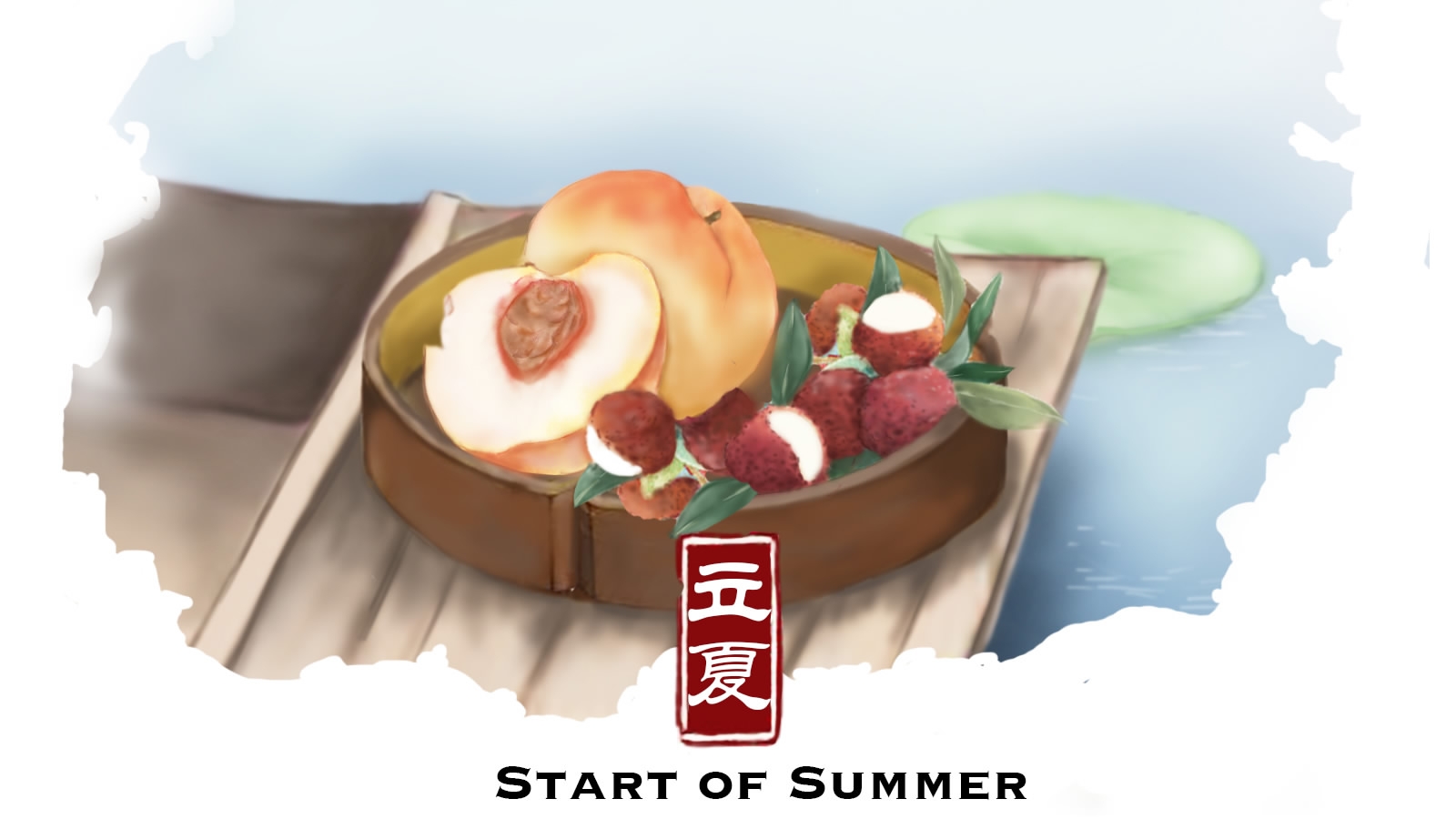
It seems only days after people put away their heavy coats, and yet spring is ready to drop its curtains. No matter how unwilling and nostalgic the Chinese are to bid the season goodbye, the summer has arrived.
Saturday marks Lixia, or “Start of Summer” in English, the seventh solar term in the Chinese lunar calendar. In Chinese, the character “li (立)” means “begin”, so Lixia is also the first solar term that kicks off the hot summer days in China.
In fact, when Lixia begins, the temperature in most areas of China is not high enough to match people’s usual impressions of a sweating summer. But it means a lot for Chinese farmers, who still consider the wisdom of their ancestors instructive to their agricultural activities.
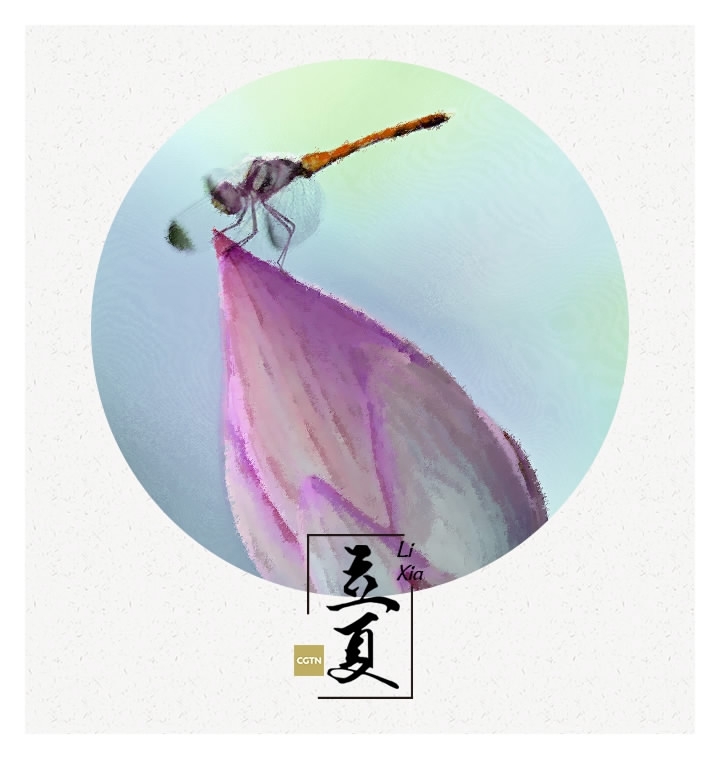
CGTN Photo
CGTN Photo
Heading towards the prime of the year
Farmers in the southern part of China might be too busy to celebrate the arrival of the summer, as this is the best time of the year to plant the early rice.
Lixia is defined by the fast growth of various types of flora and fauna, including plants. There are a bunch of ancient Chinese idioms warning people of the severe consequences that come for staying idle during this period of time, namely crop failure and starvation.
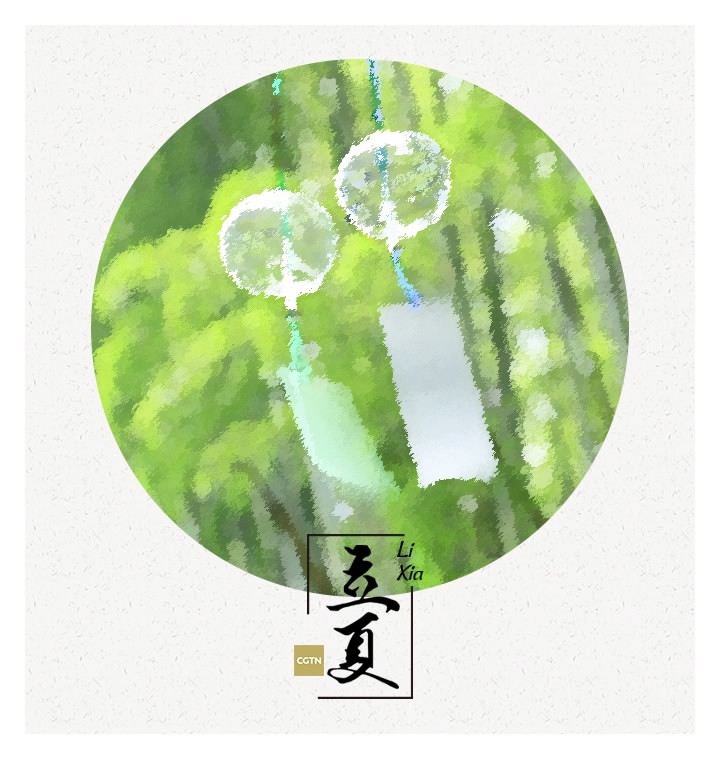
CGTN Photo
CGTN Photo
It is also the season to pick tea leaves. The leaves grow so fast during this time that even being distracted for the blink of an eye, the tea would grow over-mature and too bitter.
In the north, droughts are still the most serious problem threatening the crops. Irrigation therefore remains the key of guaranteeing the future harvest, and weed control is also important.
Celebrate with fresh tastes
Many Chinese areas have the tradition of eating three types of food: Cherry, green plum, and green wheat. But since there are so many types of fresh fruits and vegetables to choose from, what gets eaten varies across the country.
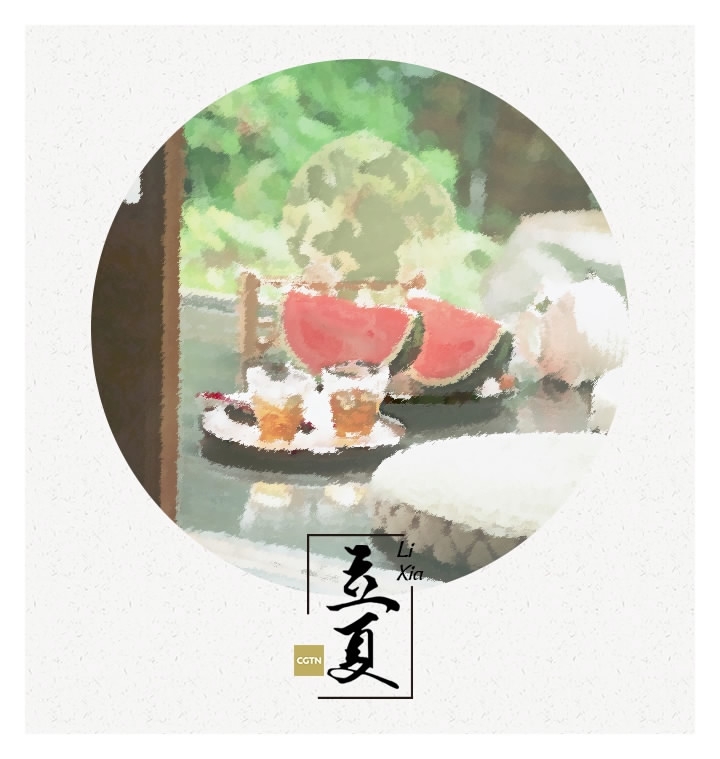
CGTN Photo
CGTN Photo
For instance, in ancient Nanjing City, people replace the green wheat with hilsa herring. Broad beans, bamboo shoots, edible amaranth, eggs and butterfish are also among the choices.
The so-called “Lixia meals” were also popular in ancient times, especially in the countryside. Chinese people cooked rice together with red beans, soybeans, black soybeans, mung beans and petits pois.
It was also called “five-colored rice” – a symbol of the “Wu Xing,” or “Five Elements” – in the Chinese philosophy of Taoism. But its real purpose is to encourage people to brave the challenges of the high temperature in the next three months.
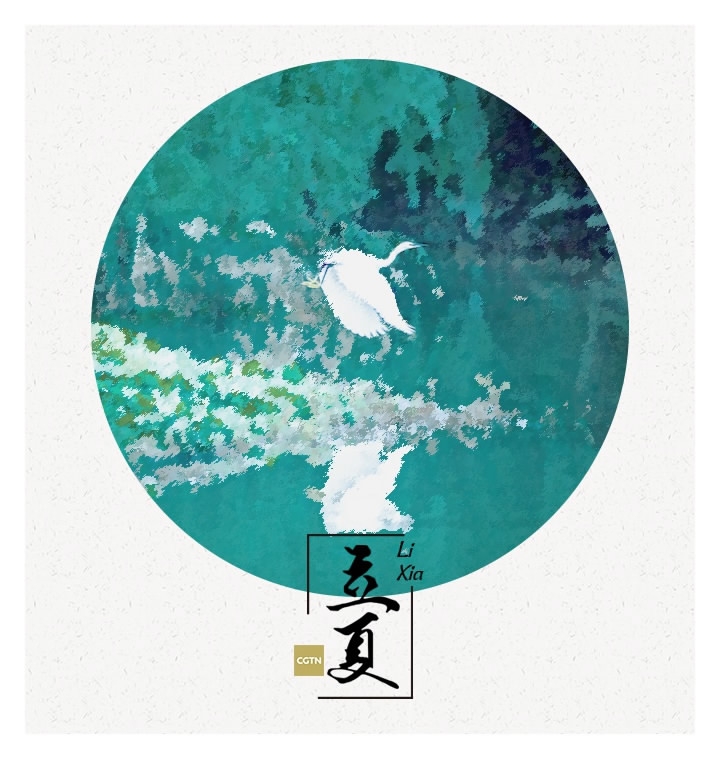
CGTN Photo
CGTN Photo
People nowadays also prefer cool drinks or deserts as part of the celebration, but it is not a modern invention to use ice in Lixia celebrations.
Icy summer traditions
The tradition of eating ice at the beginning of the summer has a long history in China. In ancient times, during Lixia, emperors would distribute ice to their ministers, and ordinary citizens would have icy drinks. But where did they get the ice from without refrigerators?
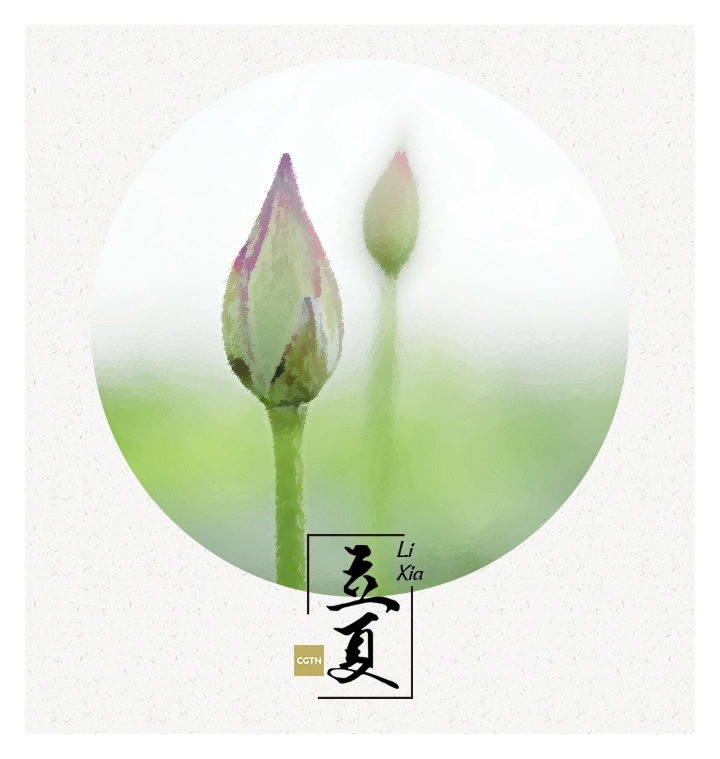
CGTN Photo
CGTN Photo
Ice would be cut from frozen rivers during the winter and placed in specially constructed basements. Covered with earth and sealed carefully, some of the ice would be preserved until the summer where it would be used in foods such as ice cream, which was a popular desert in ancient China.
Other Lixia traditions include singing various folk songs, all with auspicious verses marking the event. People would weigh themselves on Lixia and then weigh themselves again when the summer passed, to see how many pounds they lost during the scorching season.
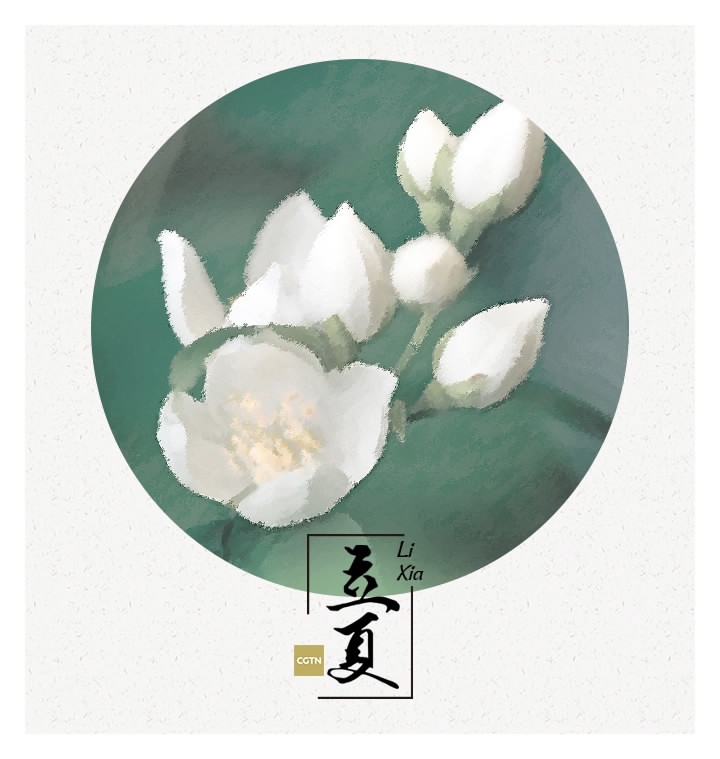
CGTN Photo
CGTN Photo
Today, summer is also considered by many as the best season for weight control, because most people lose their appetite and sweat a lot. But nutrition is crucial at this time of year, as seen in Chinese medicine.
If you don't feel like eating, try some fresh fruits and vegetables, as their diversity and taste are both at their prime as summer arrives.
(Head image by Ma Xiaonan)

SITEMAP
Copyright © 2018 CGTN. Beijing ICP prepared NO.16065310-3
Copyright © 2018 CGTN. Beijing ICP prepared NO.16065310-3